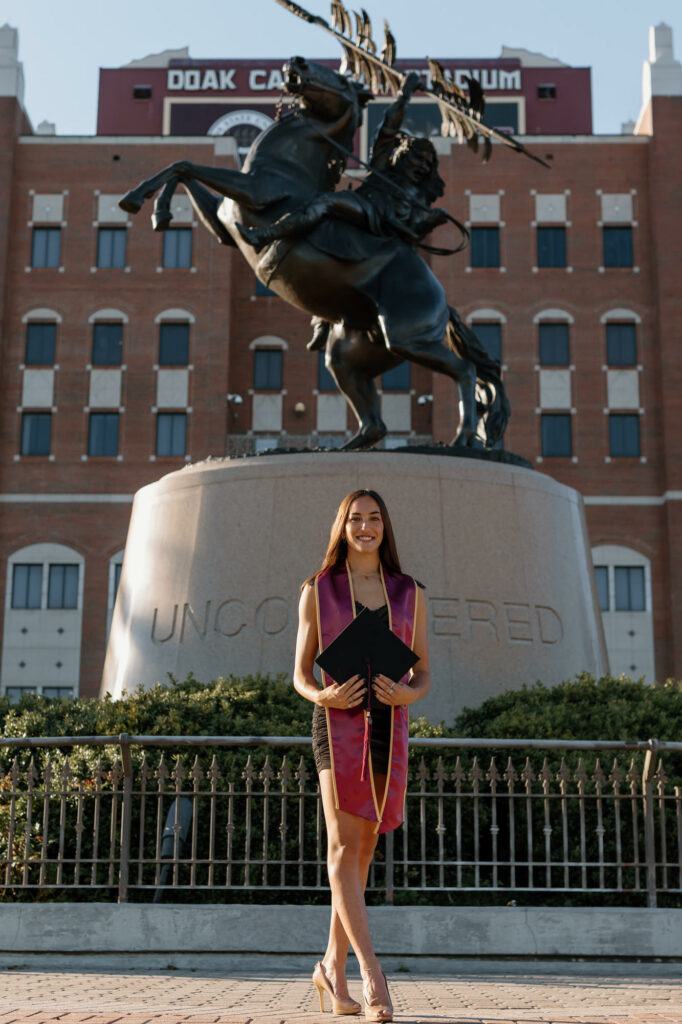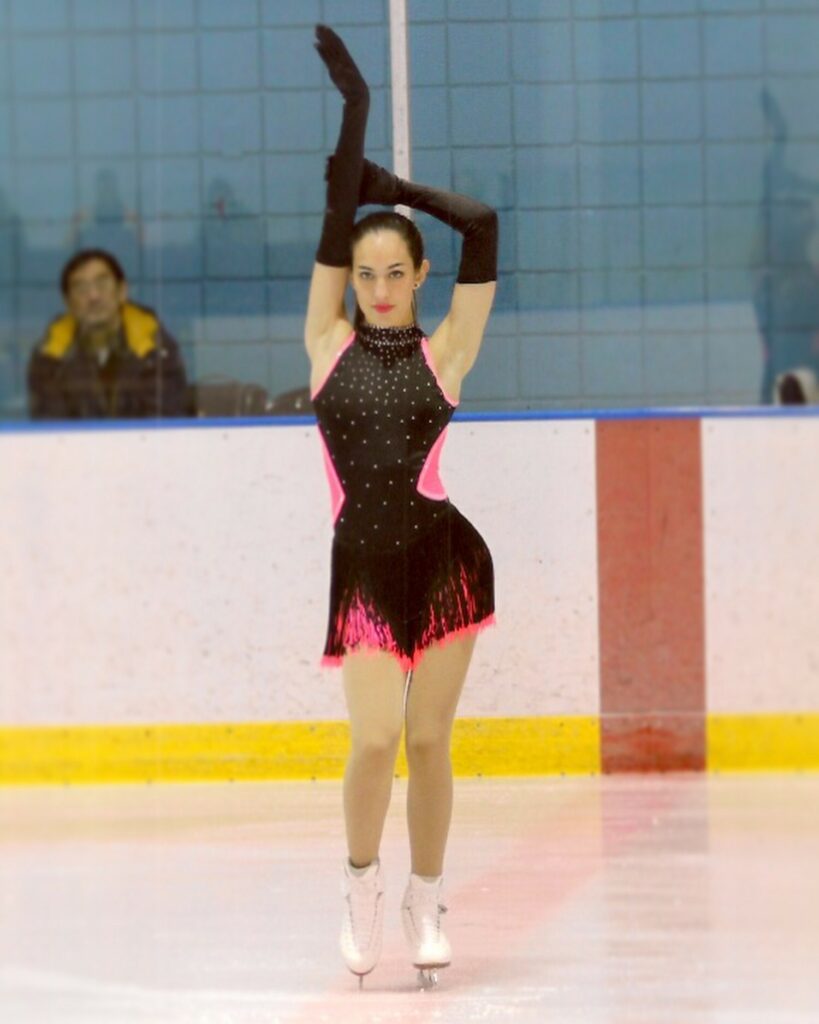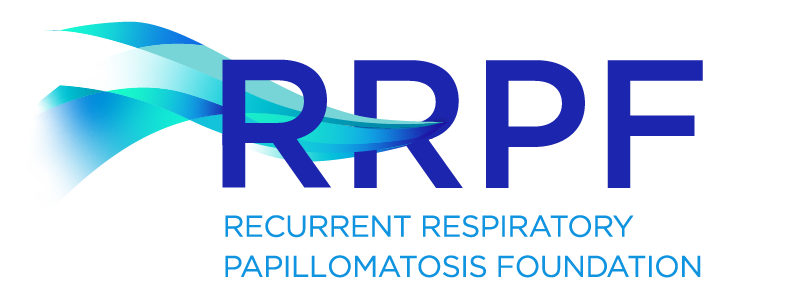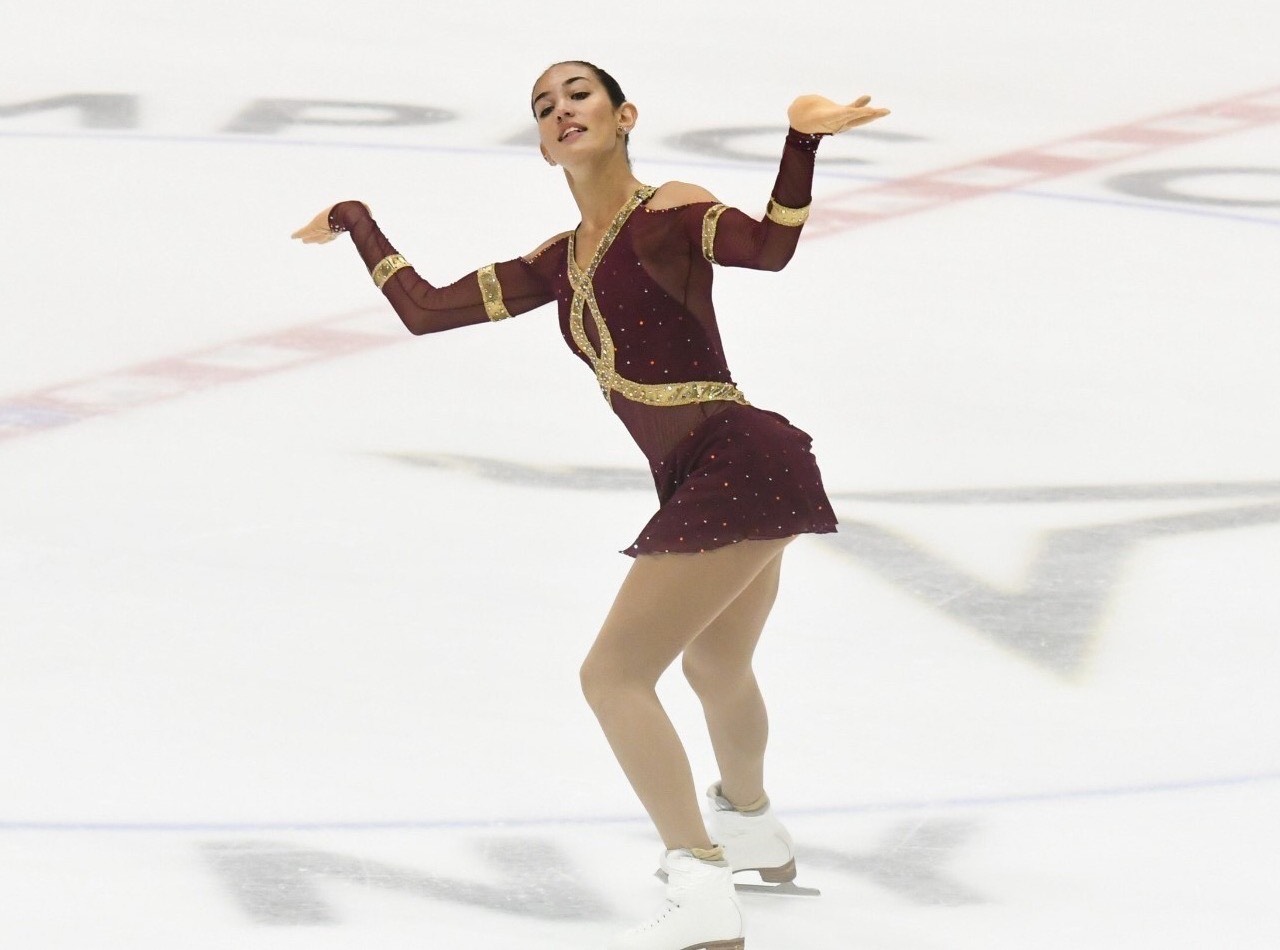When I was born I had a very weak cry. I couldn’t scream and wail as every child does to have their needs met. That led my parents to know something wasn’t right, and at three months old I was diagnosed with RRP. From that point forward, I was having surgery every 3-4 weeks to keep the disease under control up until I was about three years old. The disease was so severe that at one year old I needed a tracheotomy and a feeding tube. I lived for one year with the trach, and close to two years with the feeding tube.

After about age three, as I grew and got stronger, I was able to decrease my surgeries to every 2-3 months. By the time I was around thirteen I was able to decrease my surgeries to twice a year. Right now at twenty-three, I am still having surgeries about every 8 months. My senior year of high school, I had a round of intravenous avastin, a chemotherapy drug, which allowed me to go a full 12 months without surgery. That was the best interval between surgeries I’ve experienced. I don’t know the exact total number of procedures I’ve had, and I’ve never cared to sit down and calculate that number or retrieve my medical records to count. I was curious about a general estimate when writing my college essays, so my father calculated the number to be over 140 in my senior year of high school based on the estimated time intervals I just provided. The repeated surgeries have created so much scar tissue around my vocal cords that they are unable to vibrate and my voice has become a whisper.
I don’t have many vivid memories of the early stages of my disease since I was so young. A lot of the information above was told to me by my parents. I have vague memories of being hospitalized as a child, and of playing with toys in the waiting room of doctors offices. I remember watching the rocket ship never reach the moon when taking pulmonary function tests. I remember the voice and sound of the instructions on the CT scan machine. I remember dreading the two hour car rides to and from my doctors appointments and surgeries from the time I was conscious of where we were going up until 2022 when I moved to LA. My greatest memory with this disease is something all RRP patients can relate to. That’s the question we get asked every time we interact with someone new: “what’s wrong with your voice?” There’s many versions of that question we are asked on a daily basis, and there are countless unpleasant interactions we face everyday because of it. If I had a dollar for every one, I wouldn’t need to go to college.
The hardest part of this disease for me has been having reinforcements my whole life that serve to remind me I don’t have a voice. By the time I hit middle school this was something that really bothered me, even though I didn’t talk much about it. It was a huge internal battle everyday to figure out where I belonged and fit in amongst a sea of people that had no idea what I was going through. It was a constant wondering if the questions would ever stop, and if I would ever meet someone who didn’t ask me what was wrong with me when I opened my mouth. I was fortunate in my school system that I didn’t experience any bullying for my voice, and that I made amazing friends in school that are still in my life today. I had one friend with a rare medical condition that could relate to me, and I will forever be thankful that I had her to go through life with during the already hard times of middle school and high school. Outside of school I struggled more with this disease because I had to interact with new people, which meant new questions, and I struggled in sports with my breathing.
As difficult as it has been to live with this disease, it has taught me so many things and made me the person I am today. Above any medical treatment, there is one thing that always kept me going and enabled me to find the voice I do have. That thing was figure skating. At four years old I stepped on the ice for the first time and instantly fell in love with it. The day my family took me skating was one of my earliest vivid memories. I begged my parents to take me skating every day since, and they did. This led me on a thirteen year competitive journey with many ups and downs. The ice was the one place I could always count on, despite how difficult my condition made skating.
I really struggled in competition to complete my programs due to my decreased respiratory capacity. I was not a strong competitor and normally placed last. At the beginning of my skating career, I could barely jump an inch off the ice and my coaches weren’t confident that I was going to make it very far in the sport. As a kid, I loved it so much that I didn’t even care. It was around middle school when I started to grasp how much better other skaters at my age were than me, and I felt like I would never be able to reach my goals in the sport. I was frustrated that no matter what I did, I would always be in last place. In eighth grade it got to a point where I wanted to quit. I felt so limited in my ability to progress and I blamed my condition for it. Even though I loved the sport, it became another daily reminder that there was something wrong with me. I kept failing skating tests that are required to advance in the sport.
I was heartbroken and completely ready to give up my greatest love. For months I showed up to practice and cried every session. I was struggling, but my coaches told me that quitting wasn’t an option. I had already exceeded their expectations by landing double jumps, moving up in some levels, and finishing longer programs. Even though I felt defeated and I wasn’t where I wanted to be in the sport, they were able to see just how far I had come. I will forever be thankful that they pushed me to continue, because if I gave up my dream I would be lost today. When I kept skating, I saw the benefits of it. In sticking with the sport I knew I had two options: 1. succumb to my circumstances and feel defeated day after day or 2. fight back against my obstacles and come out on the other side. I liked the second option, and I decided that I wasn’t going to let this condition rule my life.
I trained twice as hard, pushing myself to do a little bit better every single time I took the ice, always being thankful that it was there to catch me when I fell. While this didn’t necessarily transfer to competition, I was landing more jumps and beginning to pass tests allowing me to move up levels. I was able to set new goals that kept me moving towards a target. The shift in my mindset made all the difference. I wasn’t comparing my skating journey to my peers, rather to myself. I was out to beat the old version of me who felt limited by something out of her control. In the process of showing up and pushing myself out of my comfort zone, it became clear to me that skating was my voice. The truth is, it was so much more than that. It was an outlet for my expression that I felt I lacked because of my voice. It was a place for me to move through everything I felt so that I could move past it. It was a place for me to push myself physically to prove to myself that I am not sick, and actually improve my respiratory capacity in the process. I stopped caring about how poorly I performed in competition. I was skating for myself. This evolved to help me stop caring about the repeated interactions I have with people asking me what’s wrong with me. I knew there was nothing wrong with me, especially if I was able to do the things I did every day on the ice that an average healthy person is unable to do. It taught me to literally fall down seven times, stand up eight. In high school my goal became to become a Triple Gold Medalist under United States Figure Skating for passing the highest level of tests in three categories: Moves in the Field, Freestyle, and Ice Dance.
That goal didn’t come without failures in every single category and many tears shed along the way. I felt immense defeat throughout this journey at times even after making the commitment to accomplish these goals, but I never gave up. My senior year of high school I achieved the title of Triple Gold Medalist, and I was the first person in my skating club to earn that. When I finally passed my senior free skate test, which took me two tries to accomplish, it was the greatest feeling of happiness I ever felt. At that moment I knew that I won the battle. No, it didn’t cure my condition. It didn’t stop my surgeries. It didn’t stop the questions people constantly ask me. But it was hard evidence that your thoughts create your reality. That if I believed in myself and my dreams there was nothing in my way.
This disease has had a huge impact on my life and the lives of my parents, my extended family, my friends, and anyone that knows me personally. My journey hasn’t been easy, and it still challenges me every single day. But this is my journey and I am in control of how it unfolds. It’s a conscious decision every day to live my life the way I want to live. To overcome the circumstances that I can’t control. To never let myself get in my own way of becoming the greatest version of myself.




